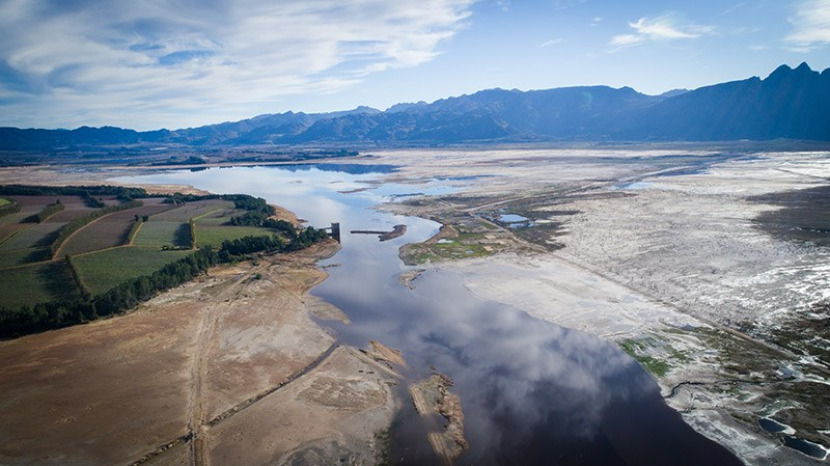
SUMMARY
Co-production and capacity building have become key approaches for the research group on Climate Resilient African Landscapes, supported by the Research Development Fund in 2019. Their research works at a landscape level to generate complex insights into the multiple and at times competing uses and meanings of land and place. As Professor Sheona Shackleton (University of Cape Town) explains, it explores how “people’s stories, their connection to the landscape, the history of that and their place attachment” can shape climate change mitigation and adaptation. In this story we share the foundations and approaches that Shackleton and colleagues have established to date.
STORY
Research from the WUN Interdisciplinary Research Group on Climate Resilient African Landscapes shows that adopting a landscape lens when considering sustainability can help to connect global forces to local experiences. In the words of principal investigator Professor Sheona Shackleton, “by working in particular landscapes you start to build a detailed and integrated knowledge base, helping to have a positive impact on lives and livelihoods as well as the agro-ecological systems in those landscapes.” Longitudinal studies using mixed methods can identify shifts and cycles in land use, countering assumptions of uni-directional change (Shackleton and Hebinck 2018).
Moving to the African Climate and Development Initiative (ACDI) at the University of Cape Town in 2018 was the impetus for Shackleton to channel her interest in links between landscape change and climate change into a new initiative. At the time, ACDI was in the process of an ultimately successful bid to constitute a new Centre of Excellence in Climate and Development. ACDI co-hosts the Centre of Excellence in Climate and Development with the University of Ghana and the University of Nairobi.
The proposal that Shackleton prepared for WUN capitalised on the new Centre of Excellence. The African Research University Alliance (ARUA) brought regional expertise and research infrastructure whilst WUN enabled global links and launch funding. The goals for the period of the Research Development Fund (RDF) were forward-looking: to develop a conceptual framework, research agenda and protocol for landscape-level research sites in each partner country.
To do this, the group works at a landscape level (Cockburn et al 2019), an approach they refined with a workshop in May 2019. Research oriented around particular landscapes (e.g. Masunungure and Shackleton 2018), Shackleton explains, allows us to “explore the linkages between different social and ecological components of that system. People shape landscapes but landscapes also influence how people live, so this addresses physical and metaphoric aspects, people’s sense of place and connection to the place that they live in.”
An important insight from the group’s RDF-funded activities was the vital role of practitioner partnerships, such as the Cape Winelands Biosphere Reserve and not-for-profit conservation organisation Living Lands. Further multi-stakeholder workshops will be held thanks to an ARUA-UKRI (UK Research and Innovation) Partnership and Capacity Building Grant.
They are also investing in researchers of the future, in keeping with Shackleton’s role as co-lead of capacity-building for the Centre of Excellence. An active graduate research community helps refine methodologies and advance knowledge, she notes. Internships allowed two students (see here and here for more) to develop skills and experience, and their work as well as that from other early career researchers informs an article in a special issue on practices of landscape governance in Africa that researchers from the group are editing.
The group’s work so far has thus been geared towards co-production. Shackleton emphasised the importance of practitioner and Indigenous knowledges among the diverse perspectives required to promote sustainability. She intends their research to “expand understandings of what transdisciplinary research might look like in a landscape environment, acknowledging that when you use these types of integrated approaches you can’t do the research without engagement as the first step.”
—
Professor Sheona Shackleton is Principal Investigator of the Climate Resilient African Landscapes group. Its WUN partner institutions are University of Alberta, University of Cape Town, University of Ghana, University of Leeds, and University of Nairobi. For more information see their WUN page.